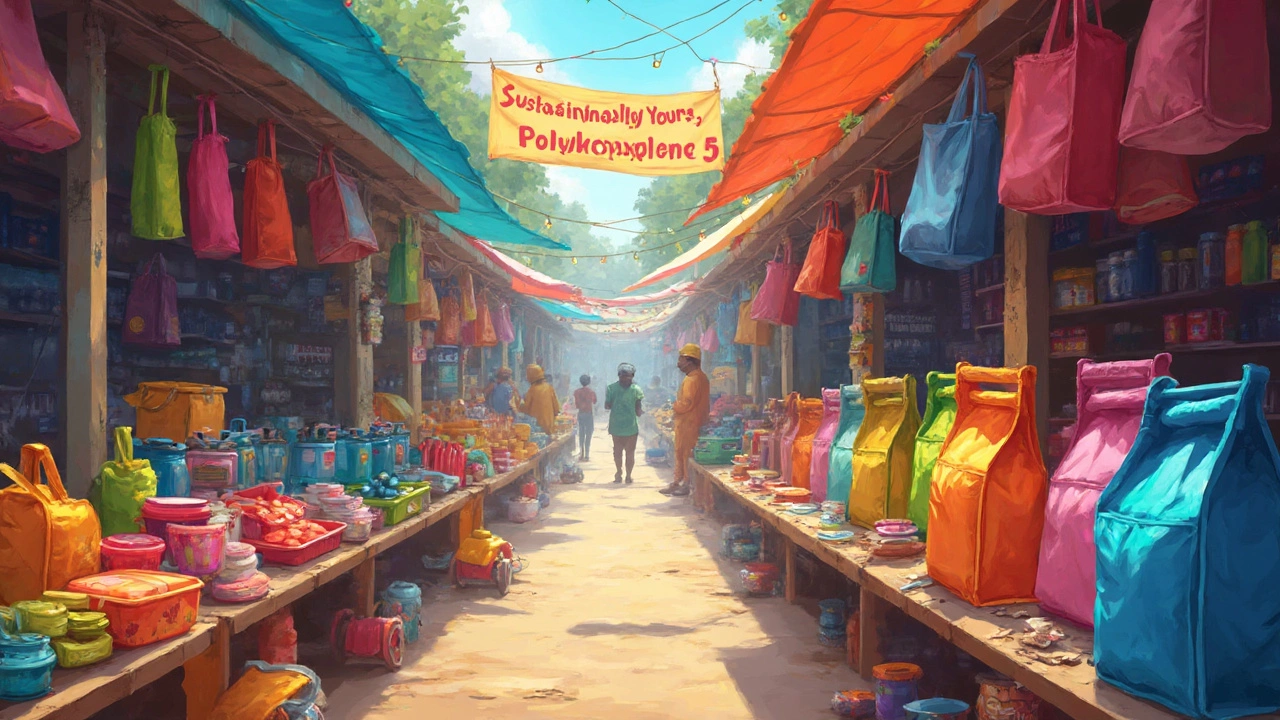Recycling
When talking about Recycling, the process of turning discarded materials back into usable products. Also known as resource recovery, it reduces the need for virgin raw materials and cuts landfill pressure. Recycling isn’t just a buzzword; it’s a concrete series of steps that include collection, sorting, cleaning and re‑manufacturing. Plastic Waste, any discarded plastic material that ends up in the environment is one of the biggest streams feeding this loop. Managing plastic waste through recycling creates value from trash, lowers greenhouse‑gas emissions, and helps meet India’s ambitious waste‑reduction targets. In simple terms, Recycling encompasses waste collection, requires sorting technology, and enables material reuse.
Circular Economy & Sustainable Manufacturing
When you layer the concept of a Circular Economy, an economic system aimed at eliminating waste and continually using resources onto recycling, you get a powerful synergy. The circular economy drives recycling by creating market demand for secondary raw materials, while recycling feeds the circular loop with feedstock. Sustainable Manufacturing, production practices that minimize environmental impact relies heavily on recycled inputs to cut energy use and raw‑material costs. In practice, factories that adopt recycled plastics or metals see lower carbon footprints and often qualify for government incentives. This relationship forms a clear semantic chain: Circular Economy supports Recycling; Recycling enables Sustainable Manufacturing; Sustainable Manufacturing reinforces the Circular Economy.
The broader field of Waste Management, the collection, transport, processing, and disposal of waste provides the infrastructure that makes recycling possible. Efficient waste‑management systems ensure that high‑quality recyclables reach processing plants, which in turn improves product quality for manufacturers. Emerging techniques like upcycling—turning waste into higher‑value items—are reshaping how companies think about product design and end‑of‑life strategies. Below, you’ll discover articles that dive into plastic‑waste rankings, top plastic manufacturers, innovative recycling technologies, and how Indian policies are steering the industry toward a greener future. These pieces together give you a practical guide to the current state of recycling and where the next big opportunities lie.
